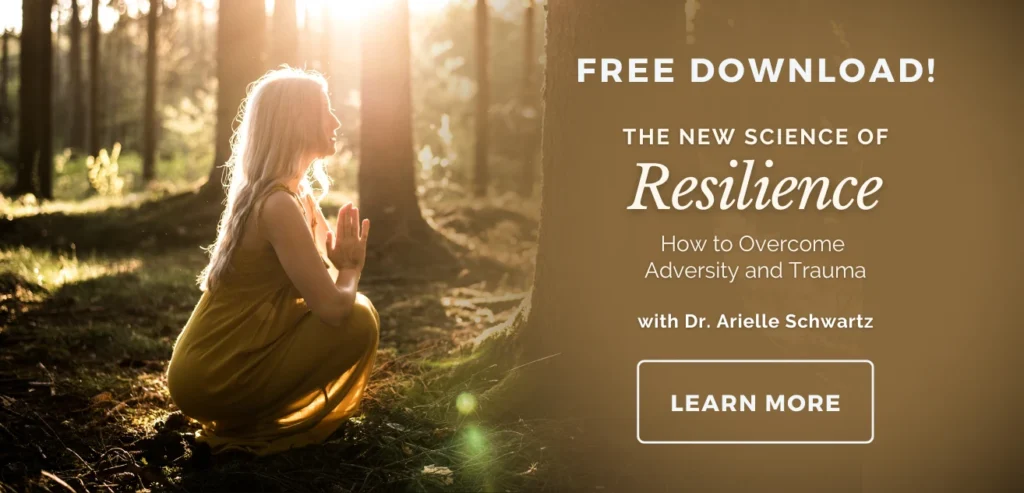Does Insomnia Increase Risk of Cancer?

Missing out on sleep makes us feel lousy and it affects our life in many ways. But could lack of sleep even put you at greater risk for developing cancer?
Some sleep researchers think so. Many important immune functions take place while we’re sleeping, and we’ve all experienced how lack of sleep makes us more susceptible to infection. However, there is evidence that sleep also helps to uphold the activity of certain immune system helpers that help protect the body against cancerous tumors.
For example, the level of tumor necrosis factor (TNF), which is one of the body’s most powerful cancer fighters, increases tenfold during sleep. In addition, the level of natural killer cells is significantly reduced when you don’t get enough sleep, further compromising immune functioning. As a result, some researchers speculate that if you continuously get too little sleep, you could be at greater risk of developing cancer.
The Link Between Sleeplessness and Cancer
The sleeplessness-cancer connection does not only derive from reduced immune functioning. When we stay up late, the exposure to electric light interferes with certain hormone cycles, particularly the secretion of melatonin. Melatonin helps induce sleepiness, and it further appears to trigger a reduction in estrogen production. When melatonin production is decreased because of excess exposure to light, estrogen levels rise. Too much estrogen, in turn, has been shown to promote the growth of breast cancer.
Cancer researcher Richard Stevens at the University of Connecticut Health Center suggests that there could be a link between people staying up later and the dramatic increase of breast cancer we have witnessed over the past century. A number of studies have provided support for this theory. Blind women, for example, only get breast cancer half as often as sighted women, and some studies have indicated that other types of cancer as well are less common among blind people.[i]
The Many Factors that Contribute to the Development of Cancer
Cancer has been dramatically on the rise throughout this past century. After heart disease, it is the second leading killer in the U.S. One out of every four Americans will die of cancer and an even greater number will be treated for cancer at some point in their life. When you consider the uncertainty of the outcome of cancer treatments and their considerable side effects, it is easy to see why many health professionals consider cancer the leading health crisis of our time.
For years researchers have been trying to pin down the causal factors and physiological pathways through which cancer develops. We now know that cancer is a multi-factorial disease—it is not caused by one single agent, but by many different factors.
Is it a coincidence that the rise of cancer is correlated with the decrease in the amount of sleep we get? So many different factors are involved in the development of cancer that this question is difficult to answer. However, the evidence is mounting that unhealthy sleep habits might contribute to cancer risk by weakening the body’s cancer-fighting mechanisms and disturbing hormonal balance. If cancer runs in your family, this is one risk factor you want to be particularly alert to.
[i] Brink, S. (2000). Sleepless Society. U.S. News & World Report, October 16, p. 63-72.




